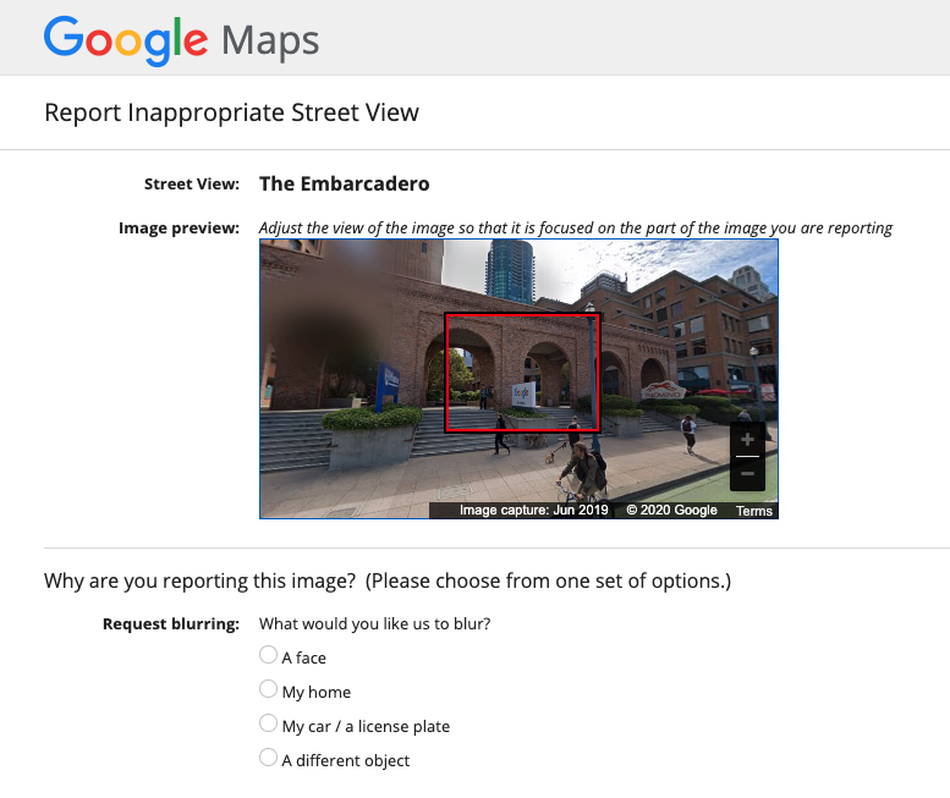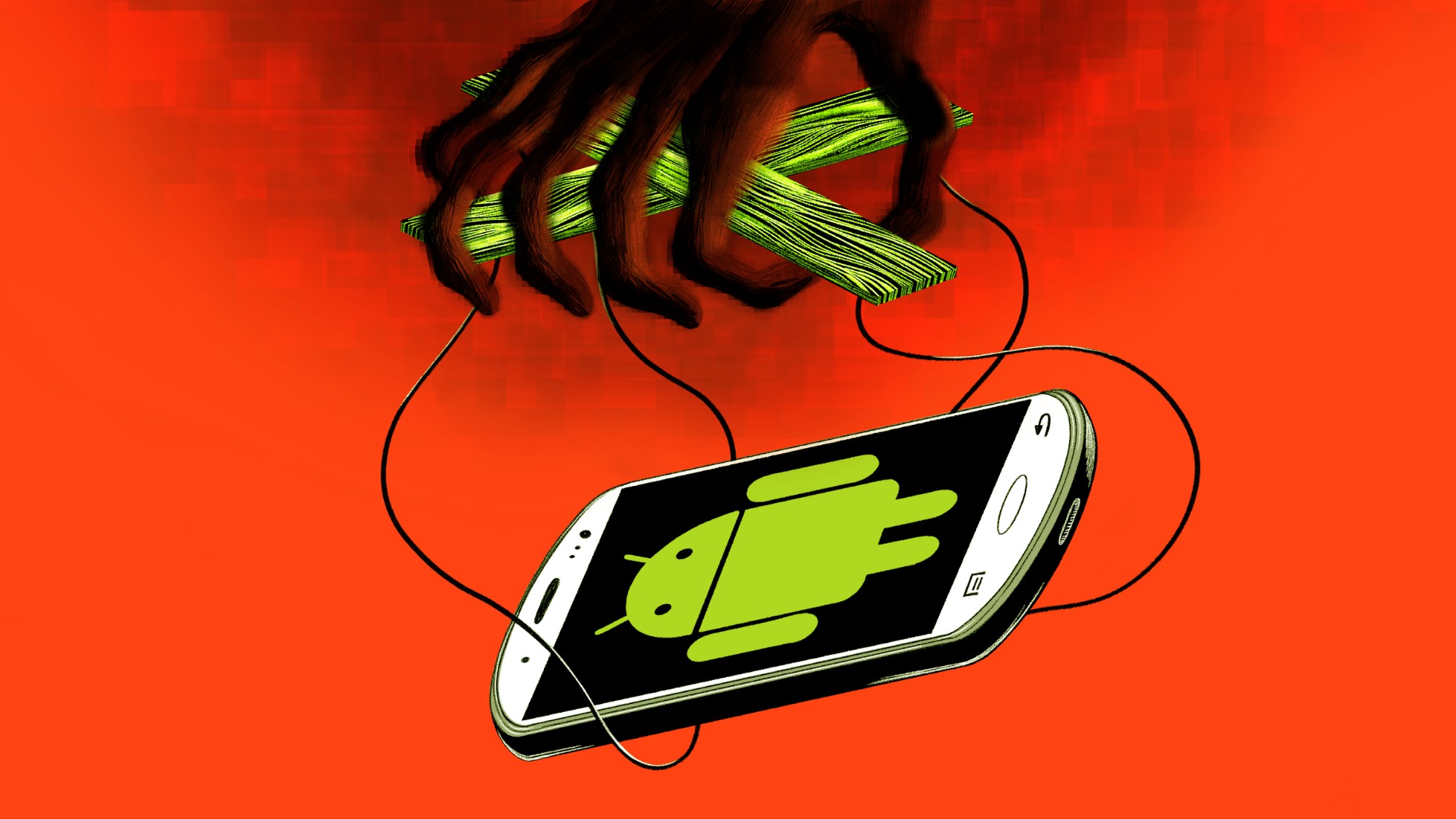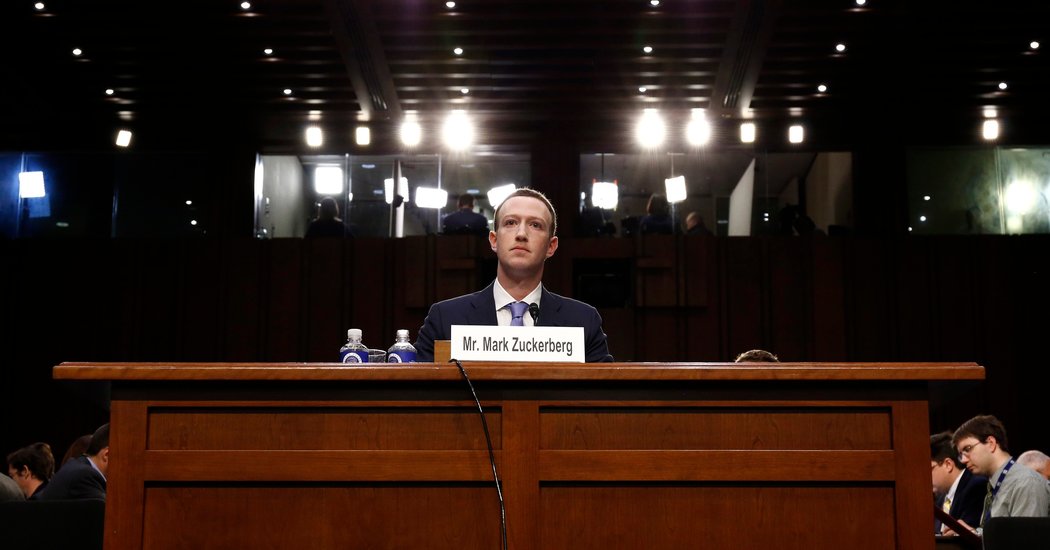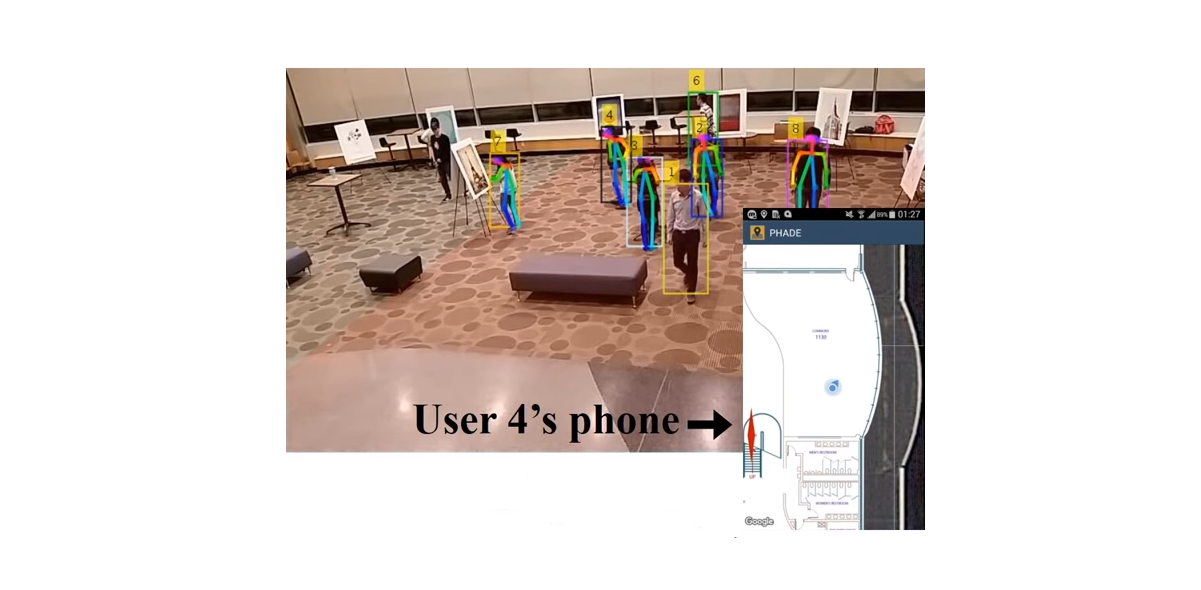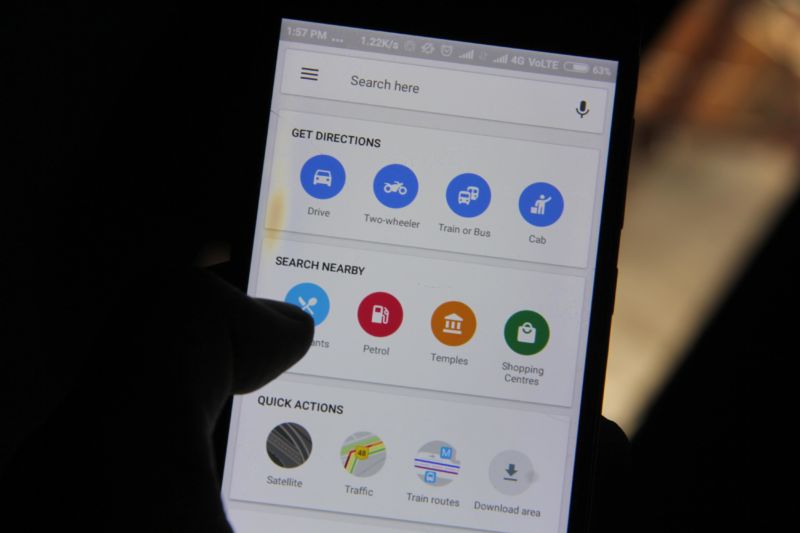
Here’s what you do:
1. Go to Google Maps and enter your home address
2. Enter into Street View mode by dragging the small yellow human-shaped icon, found in the bottom-right corner of the screen, onto the map in front of your house
3. With your house in view, click “Report a problem” in the bottom-right corner of the screen
4. Center the red box on your home, and select “My home” in the “Request blurring” field
5. Write in the provided field why you want the image blurred (for example, you may be concerned about safety issues)
6. Enter in your email address, and click “Submit”
After you hit “submit,” you should receive an email from Google noting that it’s “reviewing the image you reported and will email you when your request is resolved.” The company may follow up, via email, and ask you to be more specific about the area you want blurred. If so, you will need to do the entire process again — clearly detailing the specific area of the picture you want blurred.
That’s it!
Source: How to blur your house on Google Street View (and why you should)
